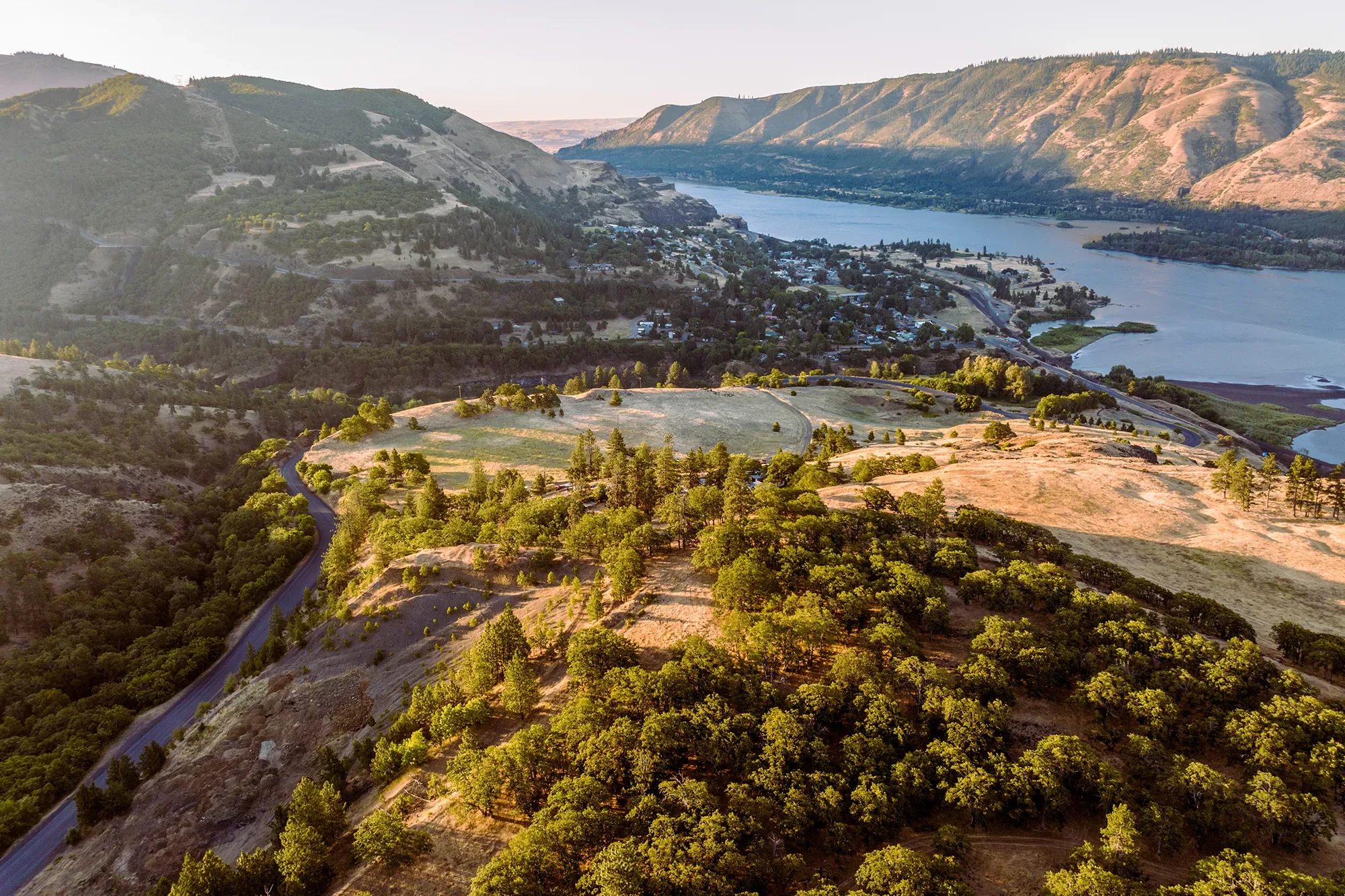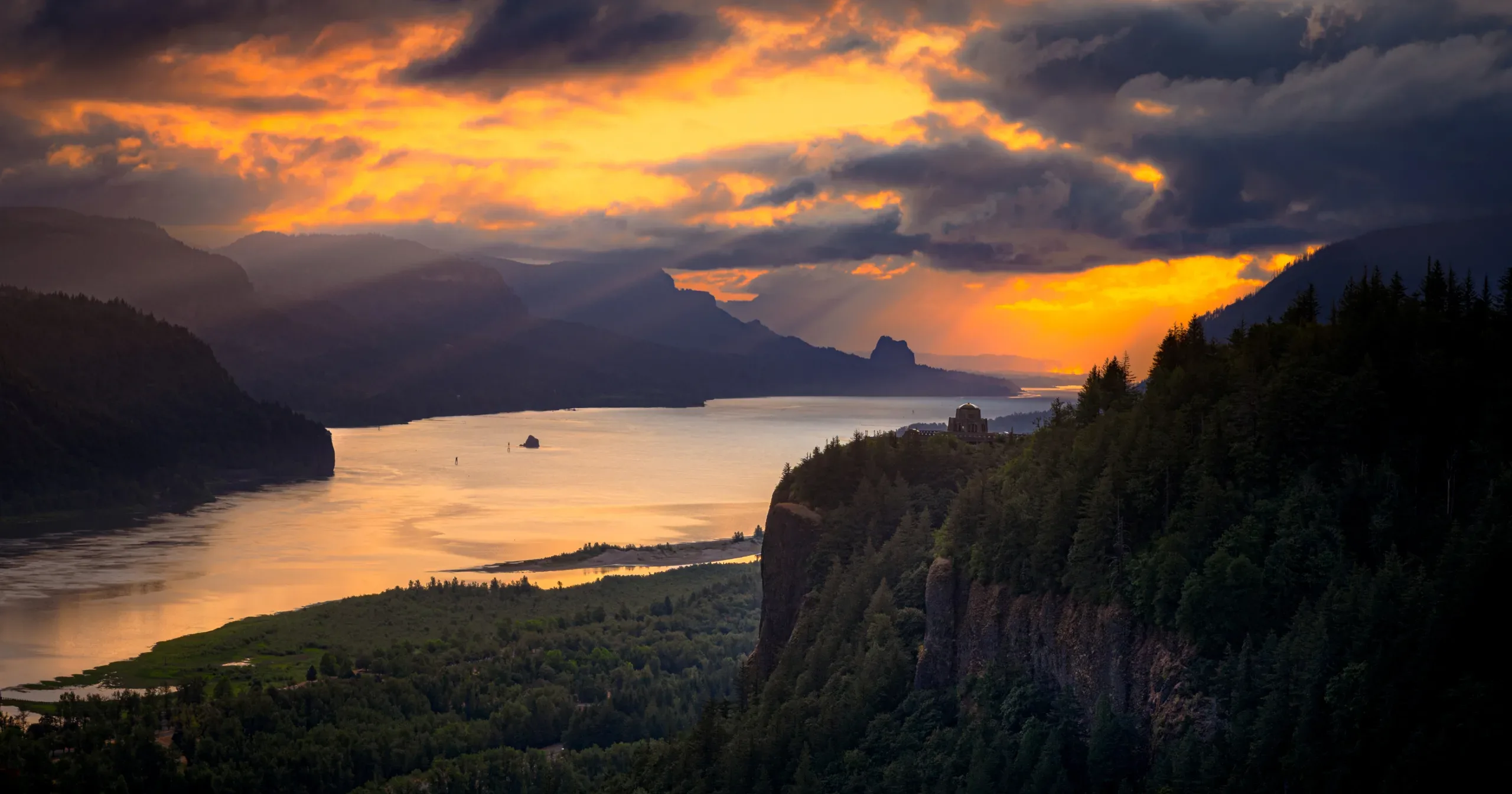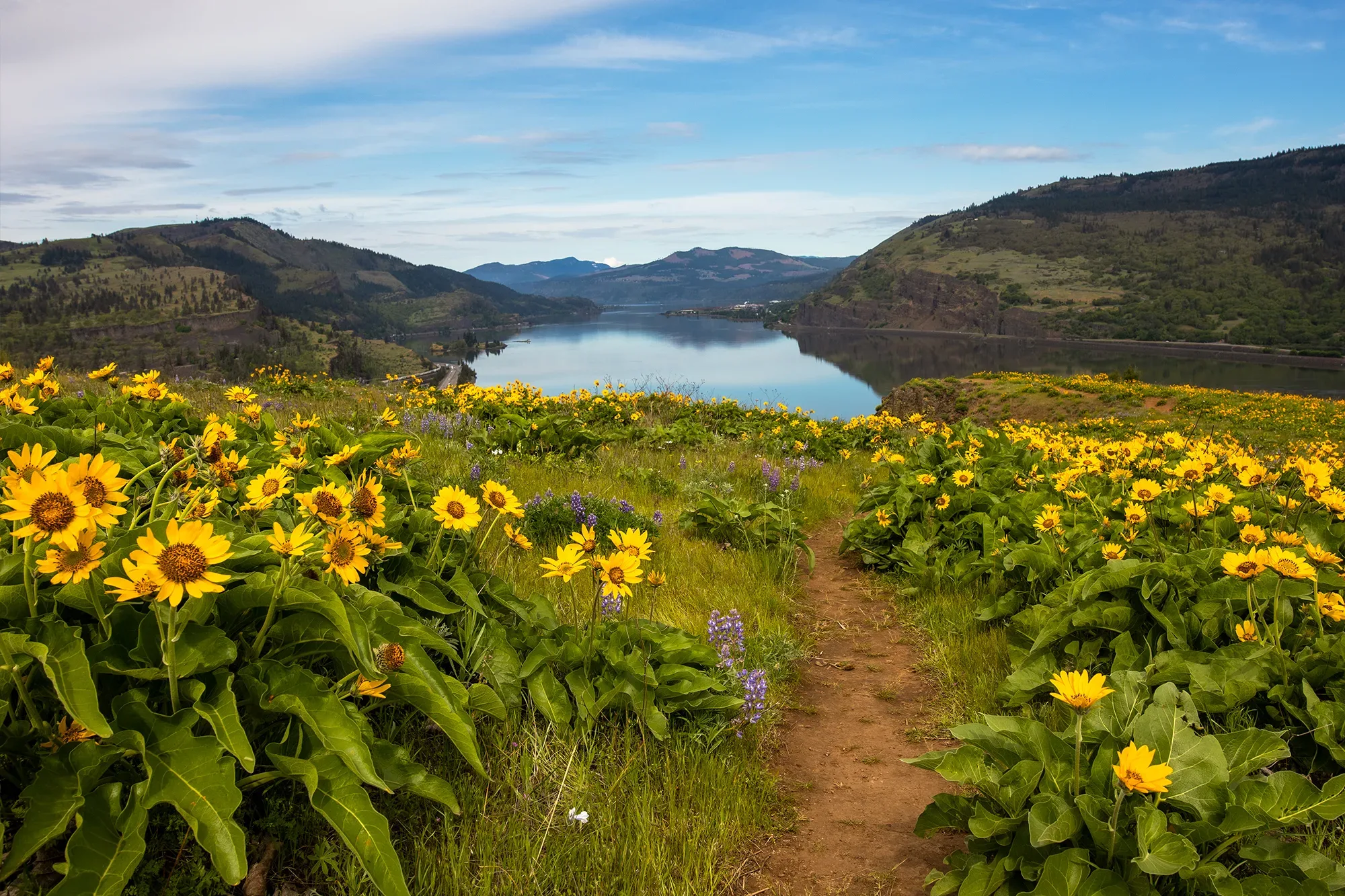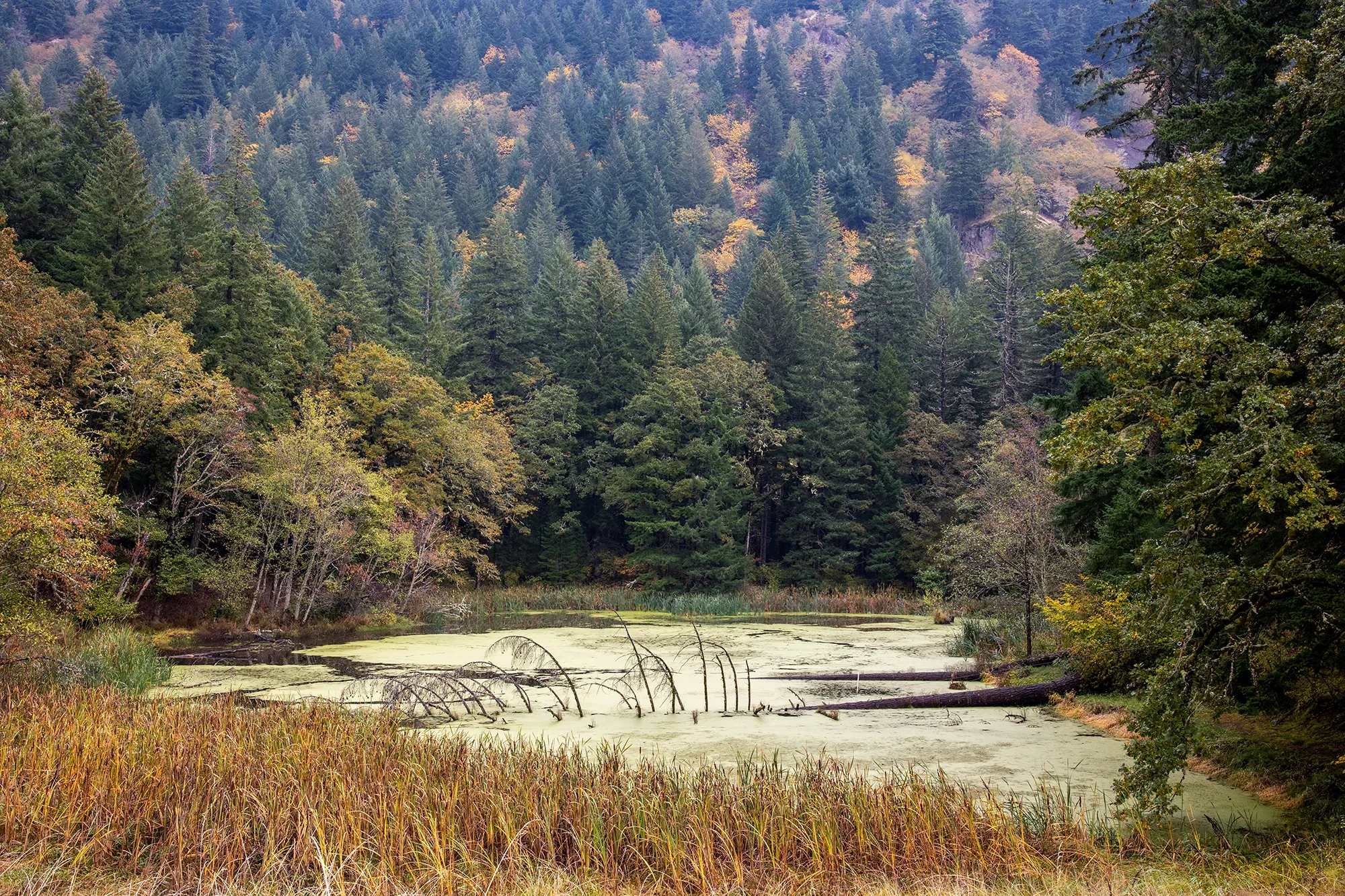Size: 64 acres
Location: Skamania County, WA
Acquired: 2015
Turtle Haven is a 64-acre property in the Western Gorge, nestled between Dog Mountain and Wind Mountain and bordered by U.S. Forest Service land. The preserve is characterized by its rich biodiversity, featuring mixed deciduous forests, permanent ponds, vernal pools, wetlands, intermittent and perennial streams, making it a vital wildlife haven.
What truly sets Turtle Haven apart is its population of the Washington state-endangered Northwestern pond turtle. Friends, in partnership with The Oregon Zoo, Washington Department of Fish and Wildlife, the U.S. Forest Service, and the U.S. Fish and Wildlife Service, has been actively involved in monitoring the turtles, enhancing their habitat, managing captive rearing programs for juvenile turtles, and removing invasive American bullfrogs that prey on the young turtles. The Oregon painted turtle, along with various amphibians, songbirds, and mammals, also call Turtle Haven home.
Since acquiring the land, Friends has worked to remove 12 old buildings, multiple vehicles, and lots of debris to further improve the habitat for the turtles and other wildlife.
- The Oregonian: Inside the secret preserve that’s bringing baby turtles back to the Columbia Gorge (Read)
- Columbia Insight: Can native turtles in the Gorge be saved? (Read)
Latest News

Celebrating the 20th Anniversary of Friends’ Land Trust

2025 Legislative Sessions: Wins and Challenges in Oregon and Washington



